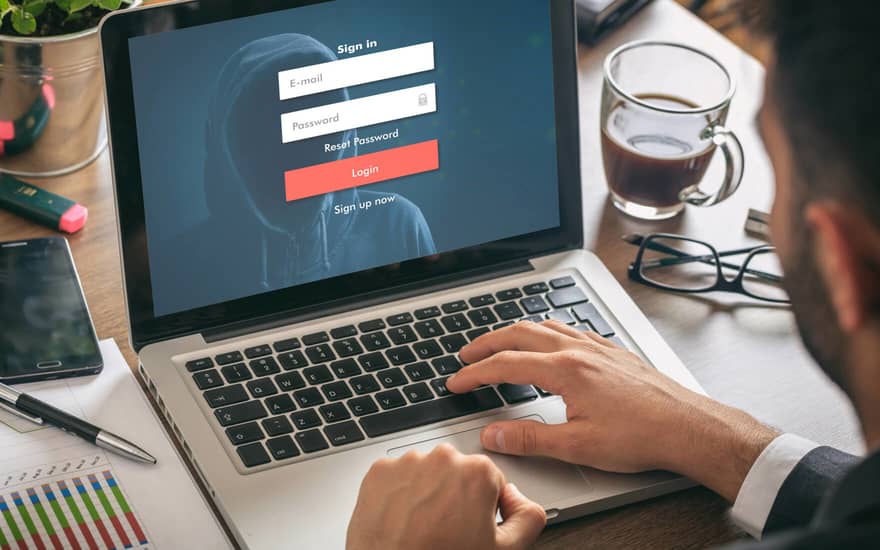15 guidelines to work from home securely
Published on 31/03/2020 in Tech, tips & tricks
Now that huge numbers of people are connecting to various company applications from home, good internet habits are crucial. The following guidelines will keep malicious hackers away from your company.

Cybercriminals are abusing the health crisis and the fact that many employees are working from home. So it is crucial to take a look at the cybersecurity of your business and your staff. The following tips can point your company in the right and secure way.
Tips for employees
Passwords and granting access
- Never share personal (or company) information, passwords and codes. Not even by e-mail or telephone.
- Make sure your passwords are safe. Use more than 8 characters and alternate between upper case, lower case, digits and special signs. Use at least one of each.
- If available, it is best to use two-factor authentication for your social media and other accounts.
- If you are asked to grant specific access to (unknown) persons, please direct the person in question to the relevant department in your company. Never grant such requests yourself.
Be alert!
- Does a message seem suspicious? For example, does it ask for confidential or urgent actions? Do not respond. It could be a phishing attack. Report it to your security or IT department and help limit its impact. Do not forget that hackers use all available means, including texts and other messaging apps. Other points worth noting:
- Is a link available? Check it first, before clicking on it.
- Is there an attachment? Check the validity before you open it (sender, attachment name, attachment extension, etc.).
Tips for employees and employers
- Only use the file-sharing solutions supplied or accepted by the company. Do not use Dropbox, WeTransfer, etc. And do not use your personal e-mail address. These are not secured by your IT department.
- Check any warnings from your web browser thoroughly.
- Make sure you have an up-to-date antivirus program.
- Install the latest available software updates for Windows and other applications.
- Use your smartphone securely by not linking up to any public Wi-Fi connections.
- Back up your data regularly.
- Control the access management for your cloud applications.
- Deactivate pop-up screens.
- Deactivate (or limit) the standard use of ‘administrator’ on the laptop.
- Do not install any software programs from unknown websites or origins (e.g. USB stick). Ask your IT department for advice if this prevents you from doing your work.
Would you like to receive more information? Ask for an appointment with one of our security experts.
Make an appointmentExperts
Our experts keep you informed on the latest news and trends for ICT professionals.